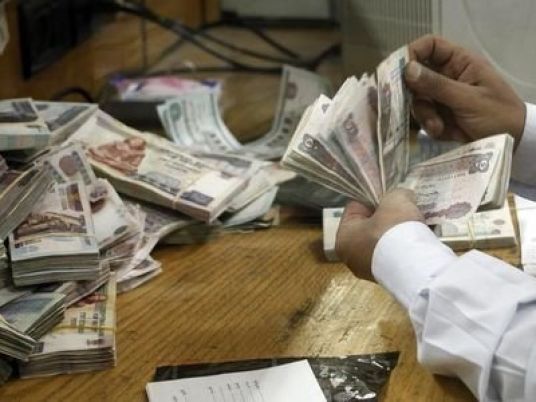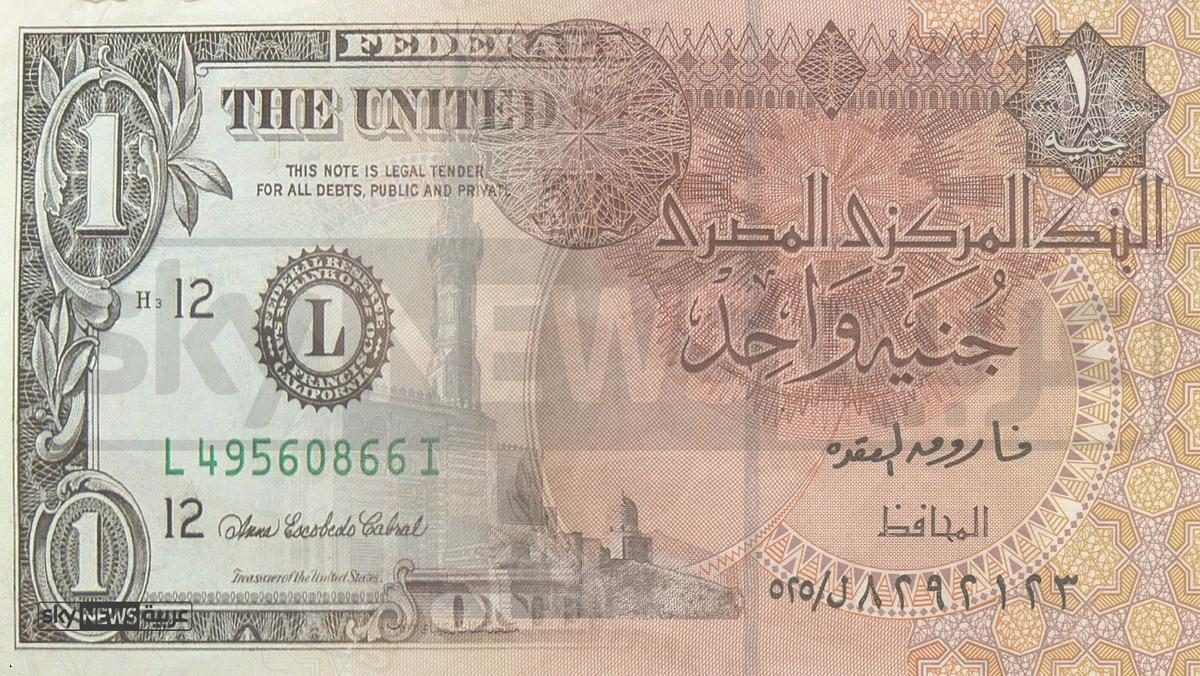
Egypt expects to receive a second installment, worth $1.2 billion, of a three-year International Monetary Fund loan in the second half of June.
At a press conference, Finance Minister Amr el-Garhy announced that negotiations with the IMF delegation, which is visiting Egypt, are going “very well.”
Late April, the IMF delegation arrived in Cairo and is set to stay until May 11 to review Egypt’s progress in its economic reform program.
Egypt secured the $12-billion, three-year bailout loan in November to support the program.
A first installment of $2.75 billion dollars has been paid out already.
Egypt adopted tough set of economic measures which were required to qualify for the IMF loan.
On August 30 Egypt started its first steps towards the loan when Egypt’s parliament approved a long-awaited law introducing a value-added tax (VAT) of 13 %, rising to 14% in the next fiscal year.
On November 3, the Central Bank of Egypt floated the Egyptian pound and gave up trying to peg the currency to the US dollar allowing it to devalue by almost half.
On November 4, Egypt took another unprecedented decision, which has always been abandoned by former leaders in fear of public unrest, to cut subsidies for fuel leading to jump in prices.
Since Egypt floated its currency in November, it has been hit by soaring inflation.
Urban consumer inflation hit 30.9 % year-on-year in March, its highest in decades.
Abdel Fattah al-Sisi, former defense minister who led a military coup against the country’s first democratically elected President Mohamed Morsi, said before that he would not hesitate “for one second”to take the difficult steps necessary to ensure Egypt lives within its means.
In this context, last December Al-Sisi asked the Egyptian people to endure hardships and austerity for the next six months.
It is worth to mention All Egypt’s presidents tend to avoid these economic measures of the IMF recalling poor Egyptians riot when President Anwar Sadat removed them on flour, rice, and oil in 1977, part of an effort to secure IMF-backed financing.
He reinstated later from the decision. Though Egypt has returned to the IMF virtually every decade since the 1970s, implementation of reforms has been mixed.
Egypt’s military ruler, who promised prosperity and stability, failed to fulfill his promises as the country has been facing one of the harshest economic downfall in its history under his rule.
Under al-Sisi’s reign, tourism and foreign investments, which were the two major resources of hard currency, have withdrawn as a result of political unrest and security instability.



